Apricot oil, extracted from the kernels of the apricot fruit, is a popular ingredient in skincare due to its rich content of fatty acids, vitamins, and antioxidants. It’s known for its lightweight texture, which allows it to absorb quickly into the skin without leaving a greasy residue.
How Apricot Oil Benefits the Skin
- Intense Moisturization: Apricot oil is rich in essential fatty acids, such as oleic acid (omega-9) and linoleic acid (omega-6). These fatty acids help to replenish the skin’s moisture barrier, preventing water loss and keeping the skin hydrated, soft, and supple. This makes it an excellent choice for dry, flaky, or sensitive skin.
- Anti-Aging Properties: The oil is a natural source of Vitamin A, which is a key ingredient for promoting skin cell renewal, stimulating collagen production, and improving skin elasticity. It also contains Vitamin E and other antioxidants that protect the skin from free radicals and environmental stressors, helping to reduce the appearance of fine lines and wrinkles.
- Soothes Inflammation: Apricot oil has anti-inflammatory properties that can help soothe irritated and sensitive skin. It is often used to alleviate conditions like eczema, psoriasis, and dermatitis by reducing redness, itching, and inflammation.
- Improves Skin Tone and Texture: The vitamins and fatty acids in apricot oil work together to improve skin tone and texture, leaving it smoother and more radiant. Regular use can help reduce the appearance of dark spots and hyperpigmentation.
- Non-Comedogenic: Its lightweight and non-greasy nature makes apricot oil suitable for all skin types, including acne-prone skin. It is considered non-comedogenic, meaning it won’t clog pores, and its antibacterial properties can help prevent breakouts.
Various Uses of Apricot Oil in Skincare
Apricot oil is a versatile ingredient that can be incorporated into your skincare routine in several ways:
- Daily Moisturizer: You can apply a few drops of pure apricot oil to your face and body after cleansing to lock in moisture. Its fast-absorbing nature makes it ideal for daily use.
- Facial Massage Oil: The oil’s light texture and pleasant aroma make it an excellent choice for facial or body massages. It provides a smooth glide and is easily absorbed, leaving the skin soft and supple.
- Carrier Oil: Apricot oil is a popular carrier oil for diluting essential oils before applying them to the skin. It blends well with a variety of essential oils, such as chamomile, lavender, and rose.
- Makeup Remover: Apricot oil can be used as a gentle and natural makeup remover. Its stearic acid content helps to break down makeup, dirt, and excess oil without stripping the skin of its natural moisture.
- DIY Skincare Products: You can easily add apricot oil to your homemade masks, scrubs, or lotions. For example, a simple facial scrub can be made by mixing apricot oil with sugar.
- Hair and Scalp Treatment: The benefits of apricot oil extend to hair care as well. Massaging it into the scalp can help improve blood circulation and moisturize the hair, while applying it to the ends can reduce frizz and add shine.
Dosage and Application
For topical use, there is no strict “dosage” for apricot oil, as it is a safe and gentle ingredient. The key is to use it in amounts that are comfortable for your skin type.
- As a moisturizer: A few drops (1-2) are typically sufficient for the face. For the body, use enough to lightly coat the skin and massage until absorbed.
- As a carrier oil: The general recommendation for diluting essential oils is to add about 25 drops of essential oils to 60 ml of carrier oil.
- As a cleanser or mask: Use an amount that allows you to effectively cleanse your skin or create a mixture for a mask. For example, a face mask might use 2 tablespoons of apricot oil mixed with other ingredients like honey and matcha powder.






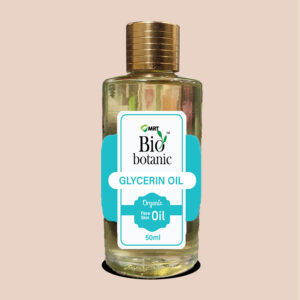
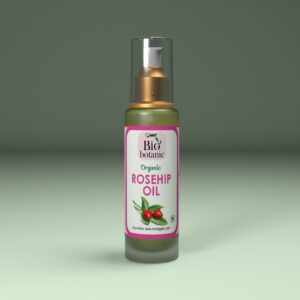
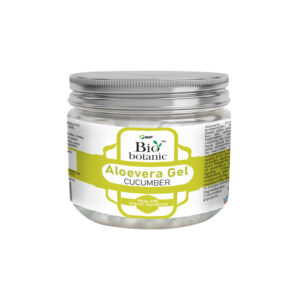
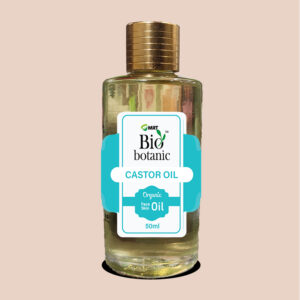
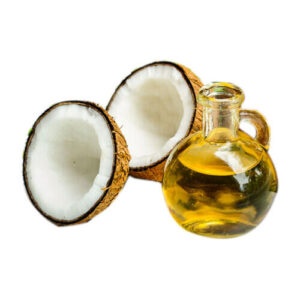

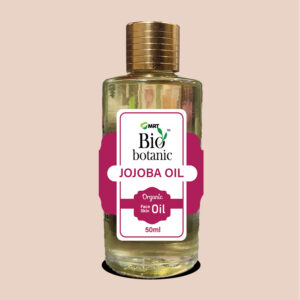









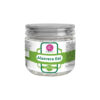
Reviews
There are no reviews yet.